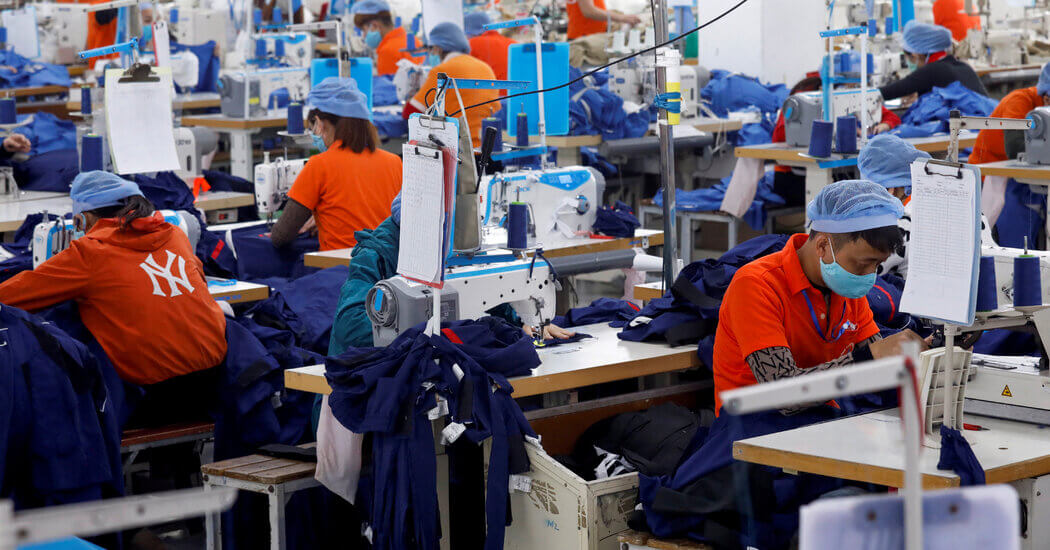The Biden administration has decided to postpone the announcement of significant portions of a new Asian-Pacific trade pact following opposition from top Democratic lawmakers, according to sources familiar with the matter.
Initially, the White House aimed to declare that the United States and its trading partners had reached substantial agreements on the Indo-Pacific Economic Framework for Prosperity at an international meeting in San Francisco this week. This framework is designed to strengthen alliances and economic ties among the United States and its allies in East and South Asia.
However, Senator Sherrod Brown, a Democrat from Ohio, and other influential lawmakers raised concerns about the pact. They criticized it for lacking adequate protections for workers in the covered countries, among other shortcomings.
In response to potential additional criticism, the Biden administration has chosen not to proceed with finalizing the trade portion of the agreement this week. Instead, they have been briefing members of Congress and foreign trading partners on this decision in recent days.
The Indo-Pacific Economic Framework for Prosperity consists of four main “pillars.” The first, completed in May, focuses on integrating the countries’ supply chains. While the administration is likely to announce the conclusion of two other significant portions related to clean energy and decarbonization, as well as taxation and anticorruption, the trade pillar remains the most challenging.
Overseen by Katherine Tai, the U.S. trade representative, and her office, the trade negotiations cover regulatory practices, import-export procedures, agriculture, and standards for protecting workers and the environment. Lawmakers, including Senator Ron Wyden of Oregon, have expressed concerns about labor and environmental standards, criticizing the administration for insufficient consultation with Congress during the negotiations.
Senator Brown, facing a tough re-election fight, called for excluding the entire trade pillar from the agreement, citing inadequate protections for workers. The administration had faced ongoing concerns from Congress about the lack of enforceable provisions in meetings for several months.
While there were proposals to wait until next year to announce the completed trade pillar, the White House sought to make announcements during the San Francisco meetings. After public objections from Senator Brown, the decision was made to delay the announcement, signaling a setback for the Biden administration’s strategic plans for Asia.
The postponement reflects the challenges of trade politics, especially for Democrats critical of agreements that they believe do not sufficiently protect workers and the environment. U.S. Trade Representative Katherine Tai, who previously worked with lawmakers like Wyden and Brown during the Trump administration, has pledged to include robust labor standards in the Indo-Pacific agreement.
The decision to delay final trade measures until at least next year is a setback for the administration’s strategic plans for Asia, highlighting the complex nature of trade politics, particularly for Democrats who emphasize worker and environmental protections. Ambassador Tai is urged to work with Congress to find an agreement that supports American jobs and gains congressional support.


